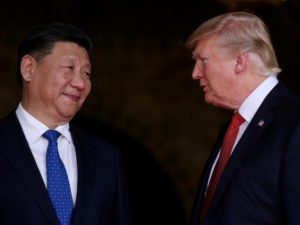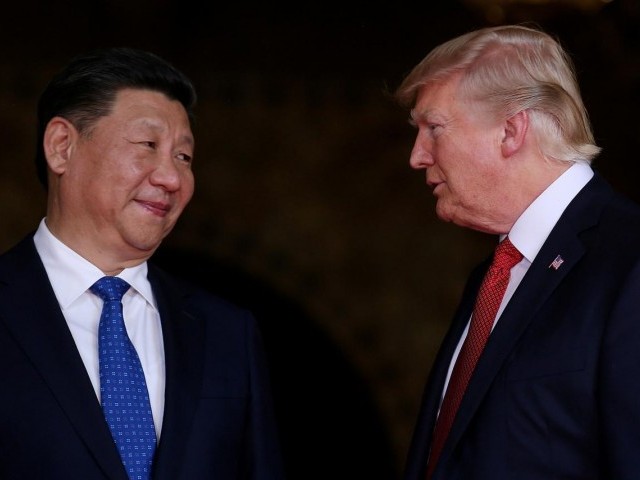
By Chioma Obinagwam
Washington is already reaping the fruits from its trade wars with Beijing as it’s trade deficits for November shrank by 11.5 percent month on month (m/m) to $49.3 billion- the lowest level since March 2018.
Cordros Capital Limited (CCL) a leading financial services firm duly registered as brokers/dealers and issuing house by the Nigerian Stock Exchange (NSE) and Securities and Exchange Commission (SEC), disclosed in its weekly economic report for the week ended February 8, 2019.
“Although the reading outperformed market expectations of USD54.0 billion, we highlight that it rose by 10.4 percent year on year (y/y) on the back of the high base of the prior year,” the report indicated.
Perusing the data, CCL noted that while exports shrank by 0.6 percent m/m to $209.9 billion, imports moderated faster by 2.9 percent to $259.2 billion, to drive a sharp temperance in trade deficit.
“In our views, the deceleration in the importation of petroleum products weighed on import, while sharp fall in consumer goods exports dragged export earnings in the review period. Elsewhere, the trade deficit with China also declined by 12.1 percent m/m to USD 37.9 billion,” CCL further disclosed in the report.
“In the near term, the subdued deficit picture is projected to remain, on account of the still strong U.S dollars and better trade negotiations with the U.S which should continue to keep import bills at bay,” CCL predicted.
The US and China have been engaged in trade wars since July 6, 2018 where Washington imposed duties ranging from 10 percent to 25 percent on a wide range of industrial and consumer items imported from Beijing.
China also retaliated with levies that range from 5 percent to 25 percent on goods imported from the U.S.; targeting chemicals, coal, medical equipment, particularly soybeans.
Trump was reacting to the mounting U.S. trade deficits with China.
U.S. trade deficit with China was as high as $375 billion in 2017. The trade deficit exists because U.S. exports to China were only $130 billion while imports from China were $506 billion.
However, after months of hostilities, a breakthrough of sorts came in December, 2018. Both countries agreed to a 90 day truce to allow for talks.
They imposed a deadline of March 1, 2019 to resolve their differences, or the battle may heat up again.
So far, the International Monetary Fund (IMF) has warned that a full-blown would weaken the global economy.








Leave a comment